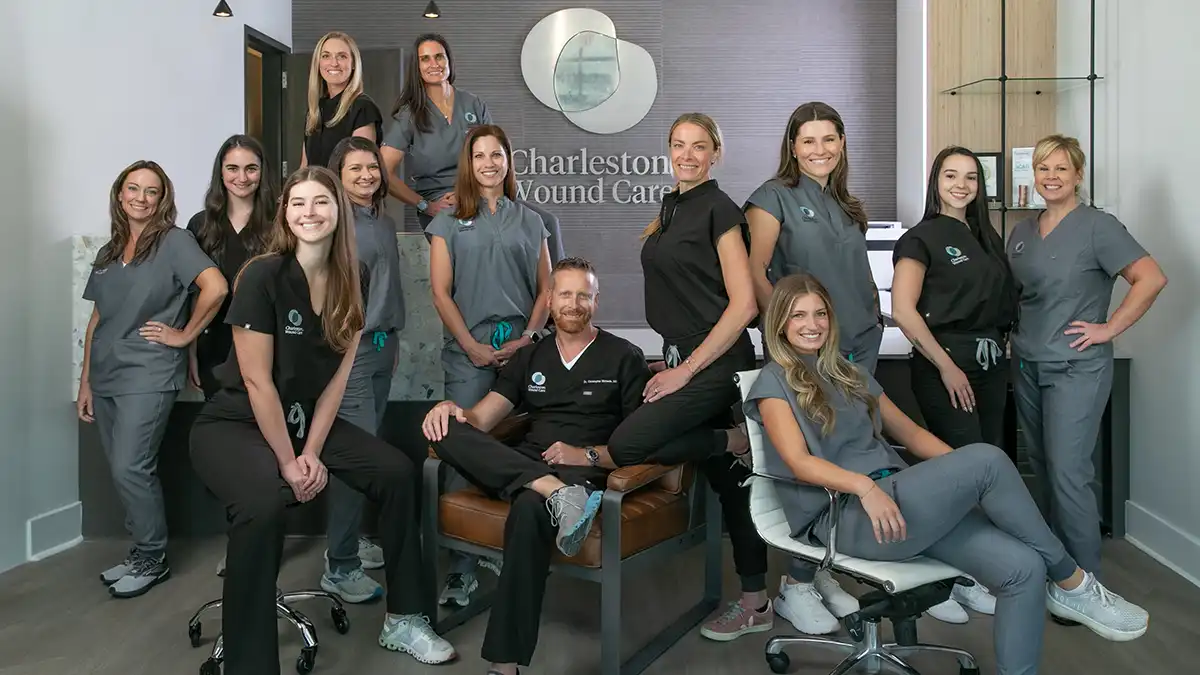As our bodies change during pregnancy, it is easy to allow our oral health to take a back seat — behind that new infant car seat that we still haven’t figured out how to install. But little do we know that the hormones affecting our emotions during pregnancy are also affecting our oral health to quite a significant degree.
Pregnancy-related gingivitis and periodontitis plague a notable percentage of pregnant women, according to Dr. Dorothy Baker at Summerville Pediatric Dentistry & Orthodontics.
“Chronic inflammation can destroy tissue and cause extreme pain, heavy bleeding and even tooth loss and damage to the supporting bone,” she said. “You are more susceptible to problems with oral health when you are pregnant because of hormones and immune suppression. Being pregnant causes an altered response to bacteria.”
She said that pregnancy, with all its joys, also brings with it a higher risk of cavities.
“And that is transmissible to the infant, unfortunately,” she said. “Children are more likely to develop cavities if mom has them. If mom’s bacterial level is high, transmission of cavities from saliva contact such as food tasting is more likely.”
There has also been a link to preterm birth and maternal periodontal disease.
“Periodontal infections in the mouth can have a direct effect on the uterus through the introduction of bacteria into the bloodstream and affect labor,” Dr. Baker said. “An inflammatory response can restrict blood flow and/or damage the placenta, resulting in low birth weight.”
What Can Pregnant Women do to Ensure Good Oral Health?
“Remember that you are brushing for two. Limit sugar and see a dentist regularly. We urge pregnant women to make an appointment with a dentist,” Dr. Baker said. “It needs to be a part of prenatal care. You don’t want to leave a dental problem untreated until you are finished with the pregnancy.”
She said that many women are a bit scared to see a dentist during pregnancy because of the stress and because they believe some of the procedures are invasive and put the unborn infant at risk.
“I can assure you that routine dental visits are safe during pregnancy,” she said. “There is little to no fetal or maternal risk in seeing a dentist when compared to the risks of not going at all. There is no association between dental procedures and incidence of miscarriage.”
Pregnant women who have a high-sugar diet are more at risk, as are women who do not see a dentist on a regular basis, pregnant women who abuse tobacco or alcohol or who drink nonfluoridated water and those who have poor oral hygiene or a family history of periodontal disease or tooth decay.
“We want to make sure pregnant women are getting the best overall care during such an exciting yet life-changing time,” she said.
For more information on pregnancy and oral care, visit Summerville Pediatric Dentistry & Orthodontics at www.summervillepediatricdentistry.com or call 843-821-6433.

By Theresa Stratford






